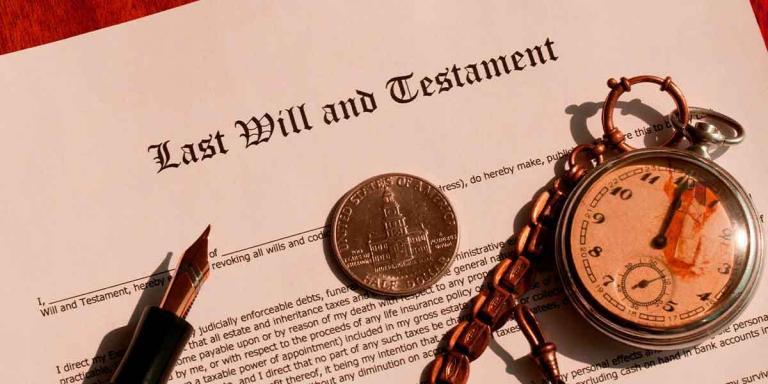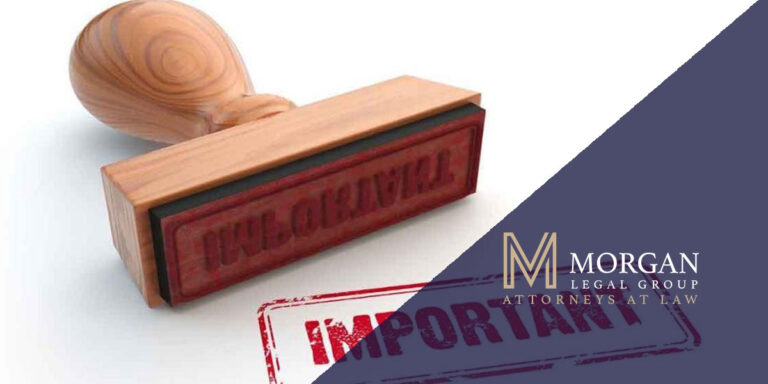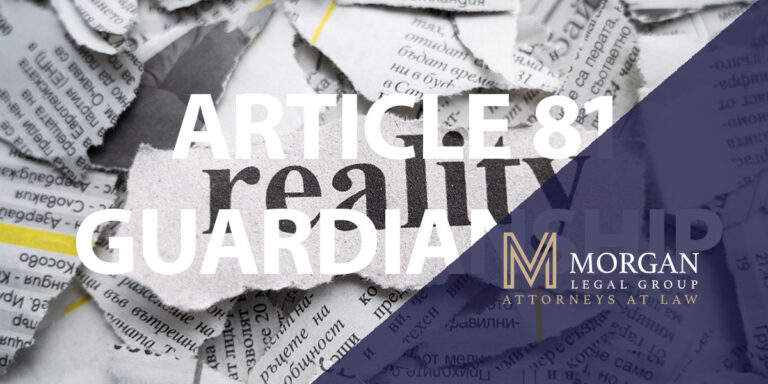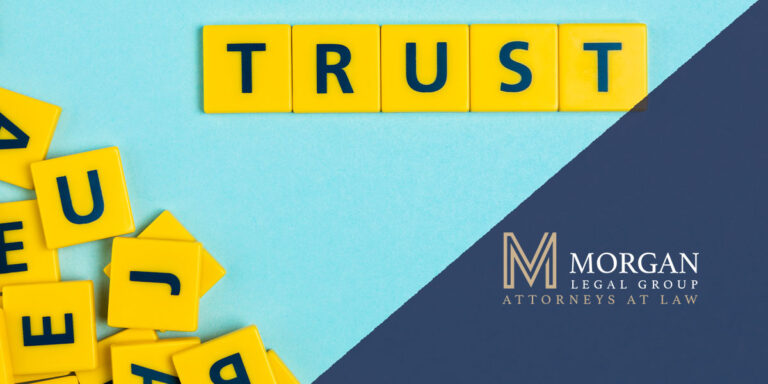Estate Planning
This is simply the process of arranging for an orderly transfer of your assets to the people you want to receive them, it involves identifying who you want to give your assets to and when, either in your life time or at death; but sometimes done after death).
Reason for Estate Planning.
Protects Beneficiaries
If estate planning was once considered something that only high net worth individuals needed, that’s changed.
Protects Young Children
Nobody thinks of dying young, but if you’re the parent of small children, you need to prepare for the unthinkable.
Spares Heirs a Big Tax Bite
Estate planning is all about protecting your loved ones, which means in part giving them protection from the Internal Revenue Service (IRS).
Eliminates Family Messes
One sibling may think they deserve more than another, or one sibling may think they should be in charge of the finances even though they’re notorious for racking up debt. Such squabbling can get ugly and end up in court, with family members pitted against one another.
How Estate Planning Works
An estate plan is a directive dictation of how one’s financial, legal and certain personal affairs should be handled upon their death or in the event they no longer possess the mental capacity to oversee the responsibility themselves. When properly authored and overseen by professionals like estate planning lawyers, these documents are typically considered legally-binding by most courts and not likely to be challenged by any disputing party. Some actions that are often accomplished through the establishment these types of documents include:
Last Will & Testament
This document provides written instruction for how a person’s final responsibilities are to be handled. In this legal instrument, the individual will name an executor, who is someone the trust and opines as capable of carrying out the associated responsibilities. Once an executor is established, the then lists their rightful heirs and determines how their assets should be divided. Other pertinent instructions might include burial instructions and how specific debts are to be remitted.
Living Trust
Those who establish living trusts place the entirety of their assets under the management of a trustee, who carries out passing. A living trust is a legal document, or trust, created during an individual’s lifetime where a designated person, the trustee, is given responsibility for managing that individual’s assets for the benefit of the eventual beneficiary.
Power of Attorney
Additionally, some people establish a power of attorney. In this case, it bestows the authority to render important legal or financial decisions on the behalf in the event they become incapable of executing said responsibility. This legal instrument is somewhat similar to a power of attorney. This gives the designated the right to render healthcare decisions on the behalf in the event said individual cannot do so on their own.
Element of Estate Planning
Choosing the Right Estate Planning Attorney
Experience and thoroughness are critical qualities for estate planning attorneys to possess.
Healthcare Power of Attorney and Living Will
A healthcare power of attorney (HPOA) is a signed legal document in which you name a single person as your healthcare decision-maker in the event that you can’t make decisions yourself.
A living will, also known as an advanced medical directive, outlines your wishes regarding medical care in the event that you are incapacitated, terminally ill, or unable to communicate. This is a statement of your wishes as they relate to decisions about life support and any kind of life-sustaining medical intervention that you do or don’t want.
Financial Power of Attorney
Similar to the healthcare power of attorney, a financial power of attorney outlines who you want to make your financial decisions on your behalf should you become incapacitated. Without this document, no one will have the authority to step in and handle bill-paying, investment decisions, or other financial matters.
Establish a Trust
A trust is a legal entity that can own your assets (while living or at death) and be controlled based on your wishes outlined in the legal document that created the entity. For example, a trust would allow you to dictate how you wanted your child to benefit from your assets throughout their life. Trusts can be set up as care mechanisms for the elderly, periodic income for descendants, or to be used for certain expenditures or circumstances.
There are several advantages to having a trust, however, it is not necessary unless you are worried about the oversight or care of your assets at your passing. Ultimately, you are trusting your heirs to manage and use your assets properly should you pass away.
If you have a sizeable insurance policy or estate and/or children, a trust is worth discussing with an attorney to determine the right parameters and language for your situation.
Last Will and Testament
An estate plan commonly includes a last will and testament, commonly known as a will, which outlines your wishes for the assets that you own at your passing. It allows you to name the people you’d like to leave something to upon your death. In most states, without a will, your assets follow a process called probate, in which the state determines how your assets are distributed based on state law. A will allows your assets and family to skip the probate process and be distributed as you wish.
Get help
If you would like to learn more about the necessity of estate planning, any one of our estate planning attorneys would be happy to assist you.
































